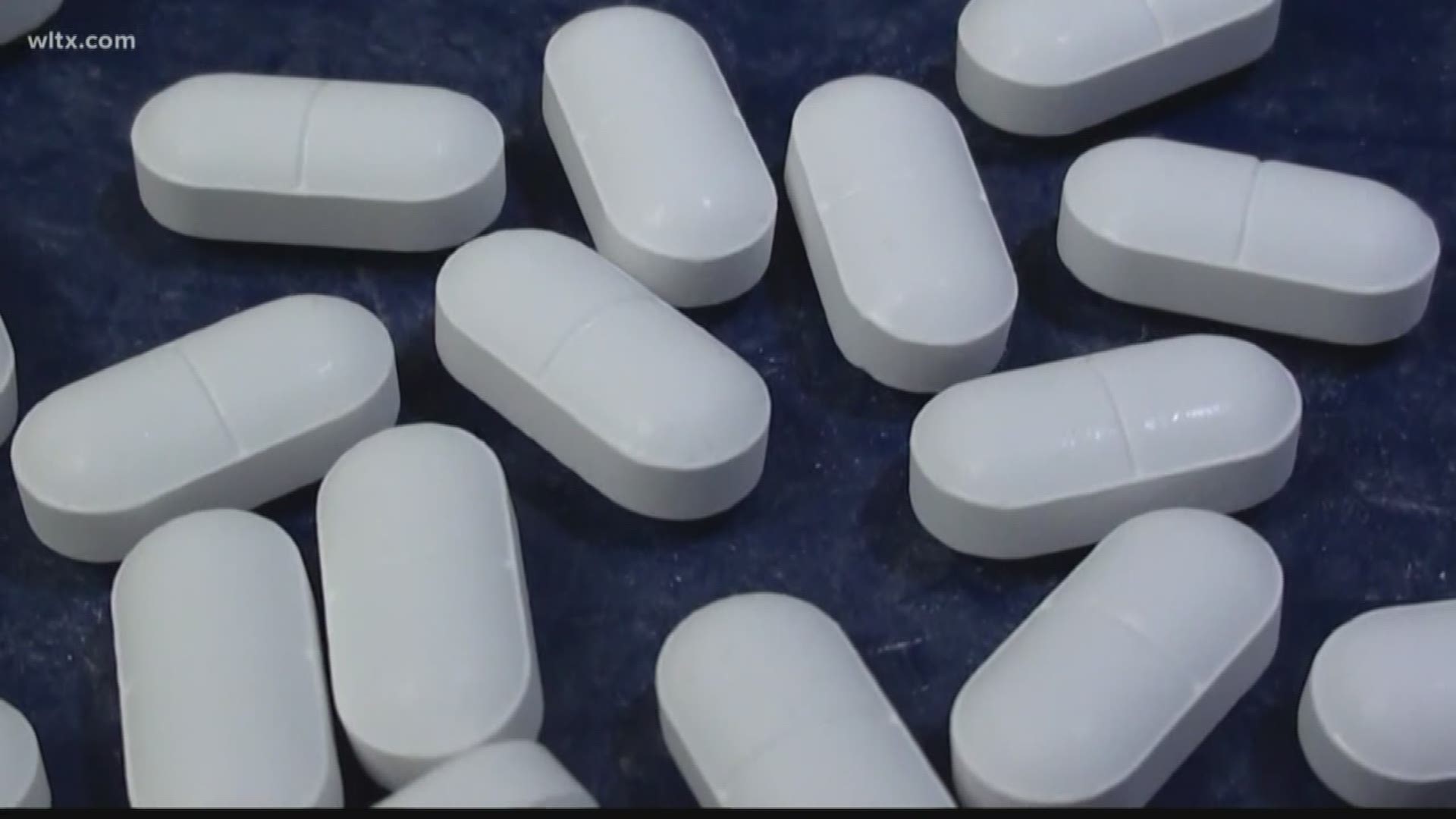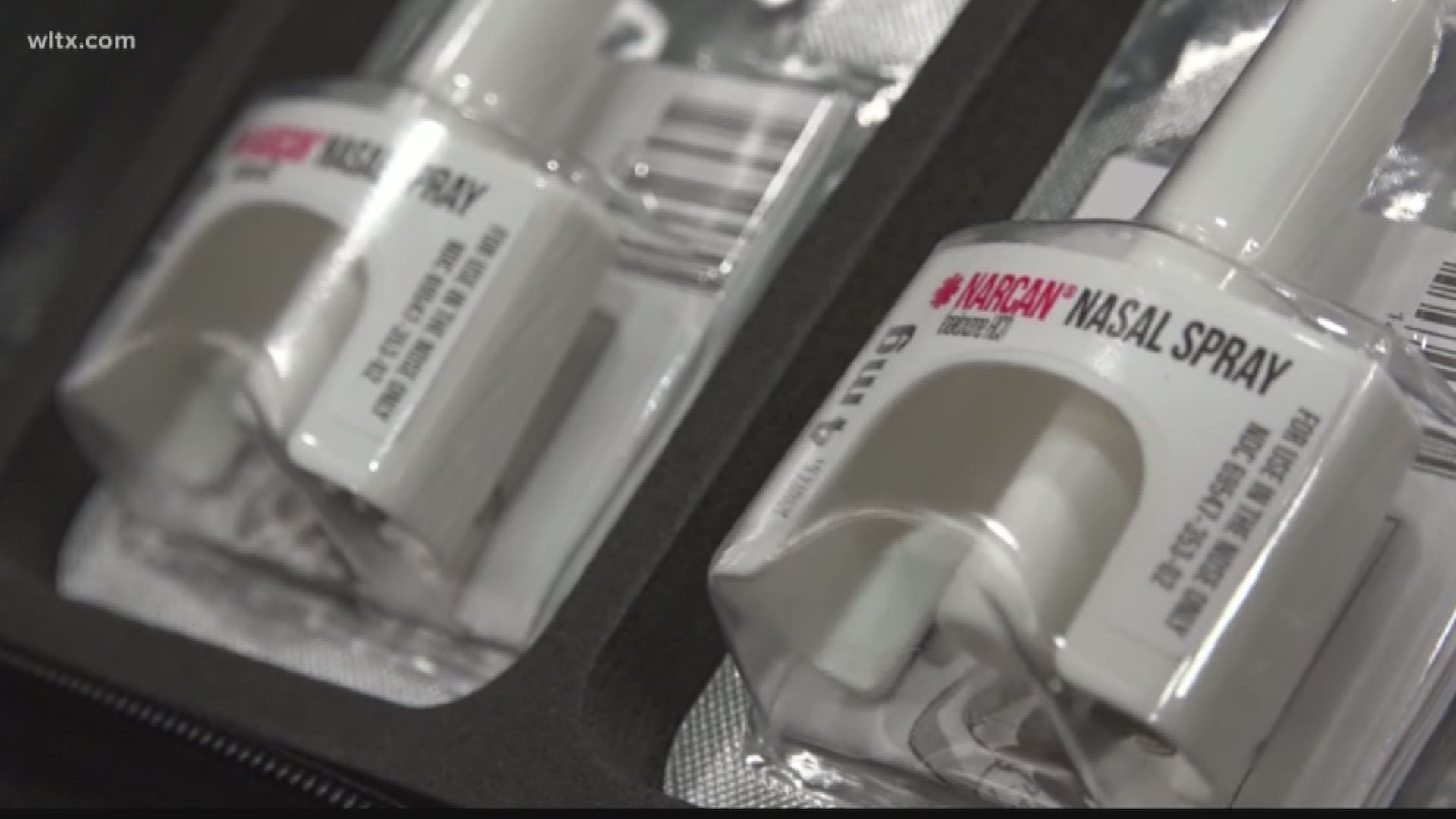COLUMBIA, S.C. — While most people look forward to the holidays, people at risk may be triggered by the stress involved -- especially now that the country is dealing with the coronavirus pandemic -- and turn to drugs to deal with depression and anxiety.
The South Carolina Department of Health and Environmental Control (DHEC) wants the public to know as our state enters a season historically marked by increased overdoses, the South Carolina Opioid Emergency Response Team is reinforcing the benefits of keeping opioid antidotes on hand for those who might be struggling with, or have loved ones who are struggling with, opioid use disorder.
According to the Centers for Disease Control and Prevention (CDC), nearly 40% of opiod and stimulant overdose deaths occur while a bystander is present.
Narcan, the nasal spray version of naloxone -- a drug that can reverse the effects of overdose from heroin, fentanyl and prescription opiods such as oxycodone, hydrocodone, morphine and others -- is approved by the Food and Drug Administration and presents no harm when administered to someone not experiencing an opioid overdose. It also has no psychoactive effects. It works by blocking opioid receptor sites, reversing the toxic effects of the overdose. Narcan is not effective in reversing overdoses caused by stimulants only. It is effective in reversing the effects of opioids that have been combined with stimulants or sedatives, with or without the knowledge of the user.
Narcan can be purchased at local pharmacies without a prescription and Medicaid and many insurance plans also cover the cost. Community organizations throughout South Carolina also have supplies on hand to distribute to those in need. You can find the list here.
There are signs to watch for in cases of drug overdose or overmedication. Always call for emergency medical assistance.
Signs of overdose:
- Face is extremely pale and/or clammy to the touch.
- The body is limp.
- Fingernails or lips have a blue or purple tint.
- The person is making gurgling or rattling breathing noises.
- The person cannot be awakened from sleep or cannot speak.
- Breathing is very slow or stopped.
- The heartbeat is very slow or stopped.
Signs of overmedication:
- Unusual sleepiness or drowsiness.
- Mental confusion, slurred speech, or intoxicated behavior.
- Slow or shallow breathing.
- Extremely small “pinpoint” pupils. (This can also be a sign of overdose.)
- Slow heartbeat or low blood pressure.
- “Nodding out” or difficulty being awakened from sleep.
If you or someone you know needs help dealing with an addiction, you can search for treatment centers at this link or at the Department of Alcohol and Other Drug Abuse Services (DAODAS) website.



